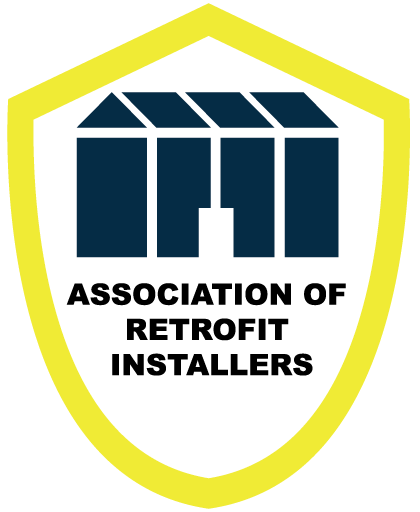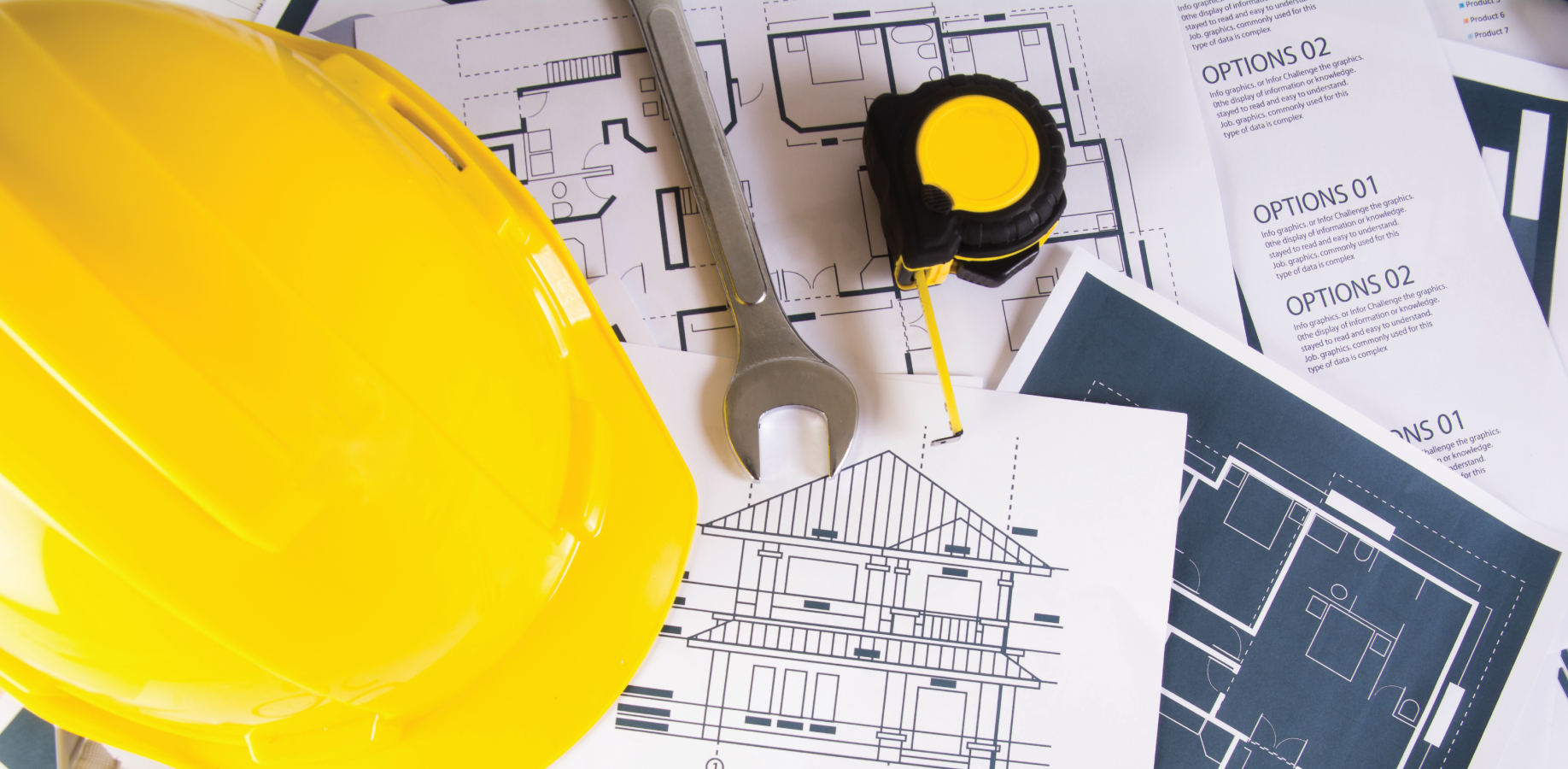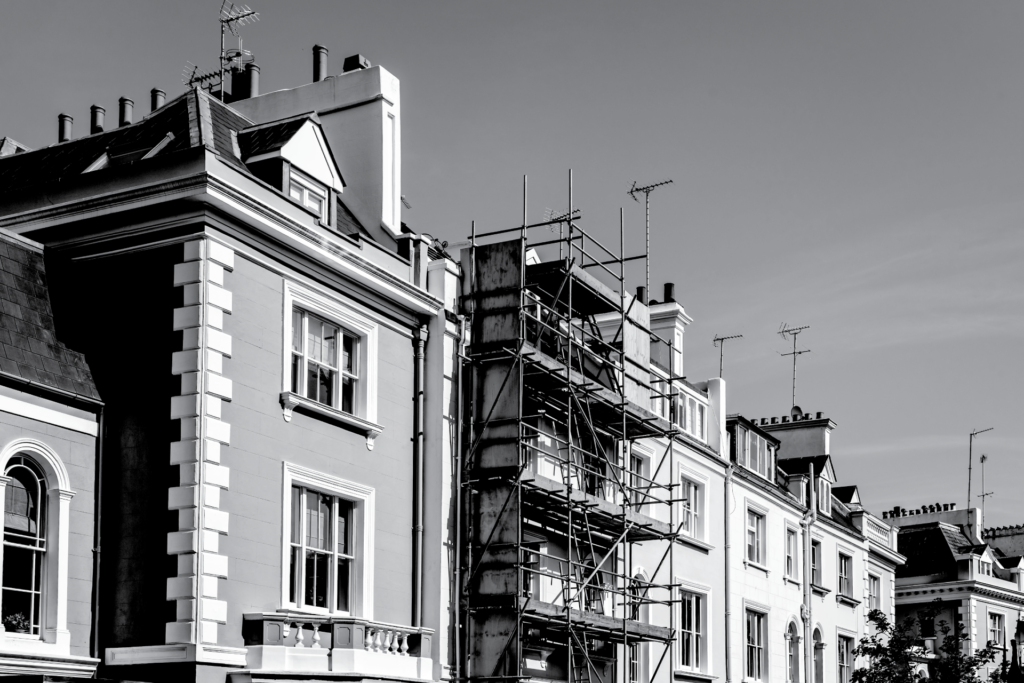Local Councils, Governance, and Public Engagement in Retrofitting
The retrofitting industry is at a pivotal moment, with increased attention on energy efficiency and sustainability. To ensure accountability and transparency, the involvement of local councils, boards, committees, and public consultations plays a crucial role in shaping policies and practices. This blog highlights the importance of these elements and their impact on the retrofitting sector.
Local Councils
Local councils are essential stakeholders in promoting retrofitting initiatives. They play a key role in:
- Allocating funding for local retrofitting projects through schemes like the Local Authority Delivery (LAD) programme.
- Identifying areas that require energy efficiency improvements, particularly in low-income communities.
- Monitoring compliance with building regulations and ensuring retrofit measures meet safety and environmental standards.
Collaborating with councils can also streamline the process of obtaining permissions and accessing grants for retrofitting projects. Their input is critical to ensuring retrofitting aligns with broader community goals, such as reducing carbon emissions and improving housing quality.
Board & Committee Oversight
Boards and committees oversee key aspects of retrofitting initiatives, ensuring adherence to policies and standards. They are responsible for:
- Evaluating the performance of retrofit projects and addressing any challenges.
- Advising on best practices for energy efficiency improvements.
- Driving innovation and advocating for reforms to improve industry regulations.
The formation of dedicated retrofitting committees allows for a focused approach to tackling energy efficiency goals while addressing challenges such as funding, workforce capacity, and regulatory compliance.
Public Meetings
Public meetings provide a platform for open dialogue between stakeholders, including consumers, installers, policymakers, and local authorities. These gatherings help to:
- Inform the public about upcoming retrofitting projects and funding opportunities.
- Address community concerns, such as the quality and safety of retrofitting measures.
- Promote transparency and trust by allowing stakeholders to raise questions and provide feedback.
Encouraging public participation in these meetings fosters a sense of ownership and accountability, ensuring that retrofit projects meet the needs of the communities they serve.
Consultations
Consultations are a vital tool for gathering input from various stakeholders to shape effective retrofitting policies. They provide an opportunity to:
- Collect insights from industry experts, local councils, and community members.
- Ensure proposed policies align with real-world challenges and opportunities.
- Build consensus on reforms and initiatives that benefit both consumers and installers.
The government and regulatory bodies, such as the Department for Energy Security and Net Zero and TrustMark, frequently hold consultations to review and improve retrofitting standards. Participating in these consultations ensures that industry voices are heard and considered in decision-making processes.
The Way Forward
The combined efforts of local councils, boards, committees, public meetings, and consultations are instrumental in advancing the retrofitting agenda. By fostering collaboration, transparency, and public engagement, these elements help build a sustainable framework for delivering high-quality retrofitting services across the UK.
As the retrofitting industry continues to evolve, staying informed and engaged with local and national efforts is essential for driving positive change. For updates on public meetings, consultations, and governance initiatives, follow our blog for the latest news and insights.


